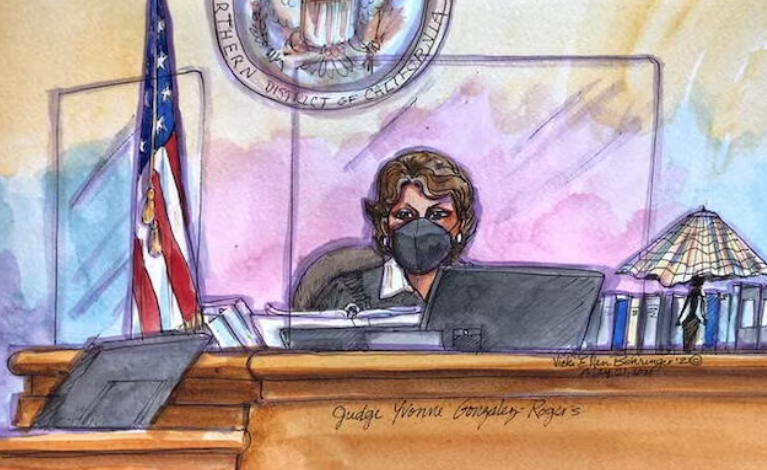Apple (AAPL.O) executives, aiming to avoid new court-ordered restrictions on the company’s lucrative App Store, have struggled to convince a California federal judge that they complied with reforms she ordered in 2021. Over multiple days, Oakland-based U.S. District Judge Yvonne Gonzalez Rogers grilled them on whether Apple skirted her directives.
Judge Rogers convened the hearings at the request of Epic Games, which claims Apple defied her order to allow app developers more freedom to direct users to payment options outside of the App Store. Rogers issued her injunction in Epic’s antitrust lawsuit, where Epic accused the Cupertino, California-based company of stifling competition for app downloads and overcharging commissions for in-app purchases.
Epic, the maker of the blockbuster video game “Fortnite,” has asked Rogers to hold Apple in civil contempt, which could result in requiring the iPhone maker to end some App Store practices or make additional changes. Apple denied violating Rogers’ order.
In April, the judge stated that Epic had preliminarily shown that Apple’s App Store policies “undermine the spirit of the injunction by limiting competition, impeding the free flow of information, and constraining user choice.” Epic declined to comment on Friday, and Apple did not immediately respond to a request for comment.
Stifle competition
During the hearings, Rogers bluntly pressed Apple leaders for clearer answers. She suggested during one executive’s testimony that Apple had made changes to its App Store with no basis “other than to stifle competition.”
Prominent Apple officials still to appear include Philip Schiller, who oversees the App Store. Schiller is due to testify about Apple’s decision to impose a new 27% fee on some app transactions following Rogers’ injunction. Epic has claimed that the new fee and associated rules violate Rogers’ order. Apple has countered that Epic wants to make Apple’s “tools and technologies available to developers for free.”
Both sides have brought high-powered legal teams to make their case and question witnesses. Epic is represented by lawyers at Cravath, Swaine & Moore, while Apple is represented by Weil, Gotshal & Manges and Gibson, Dunn & Crutcher.
Judge Rogers, who joined the federal bench in 2011 from a state court in California and was previously a litigation partner at the law firm now called Cooley, stated at the start of the proceedings that she will issue a written decision but has not set a date.

